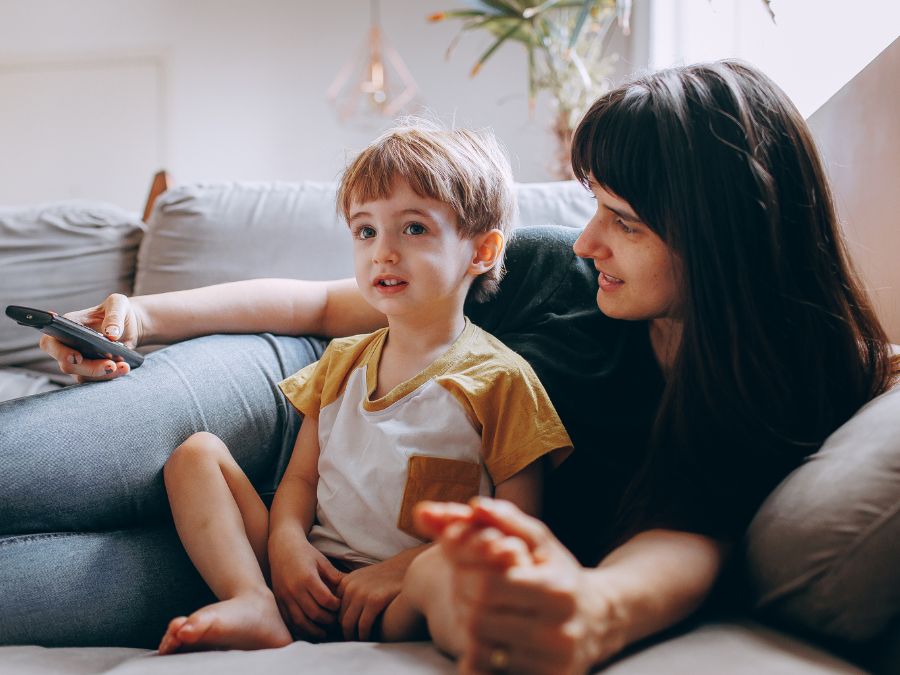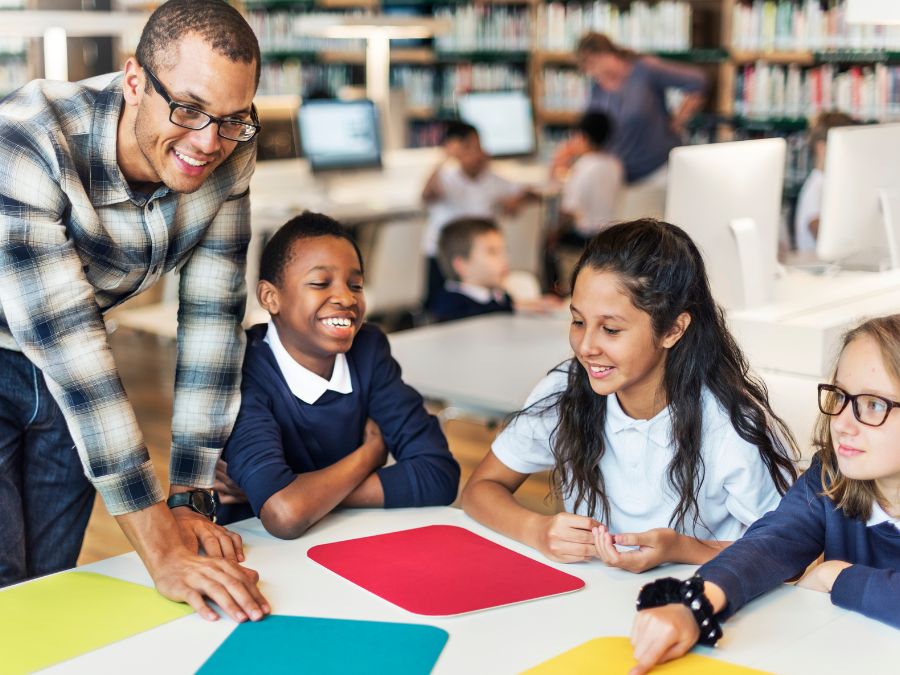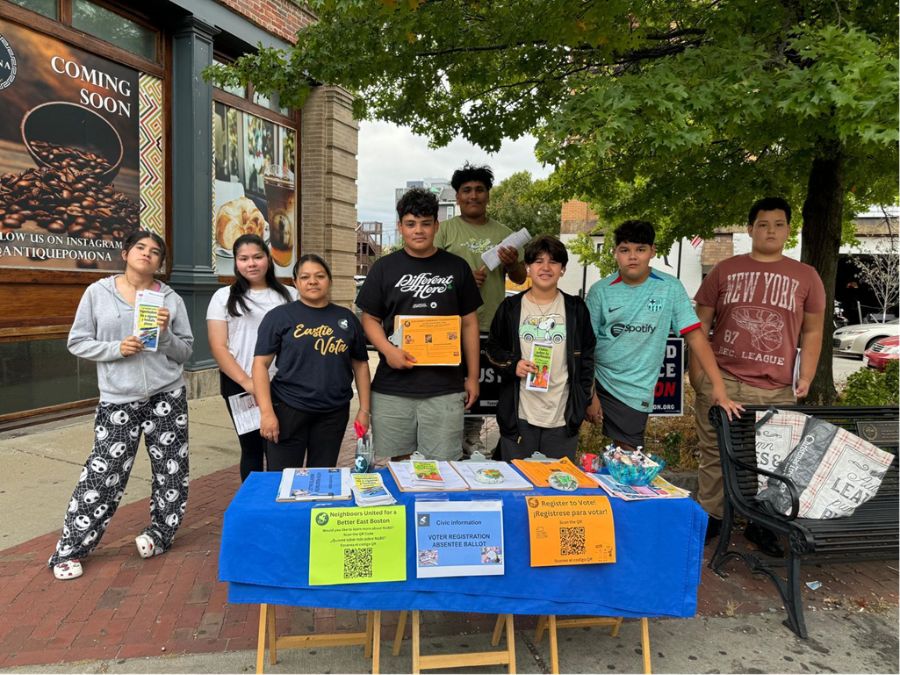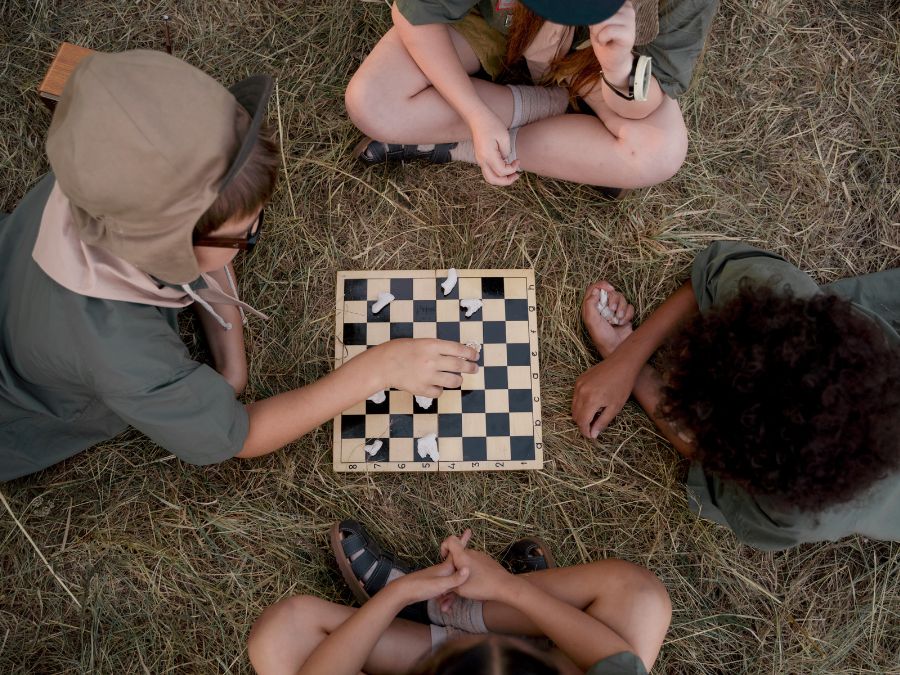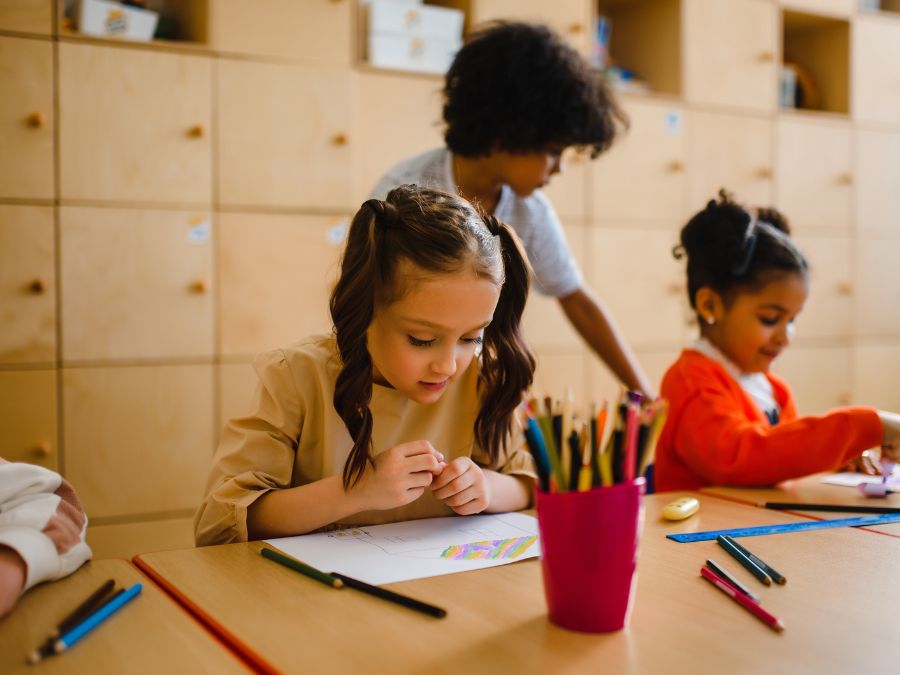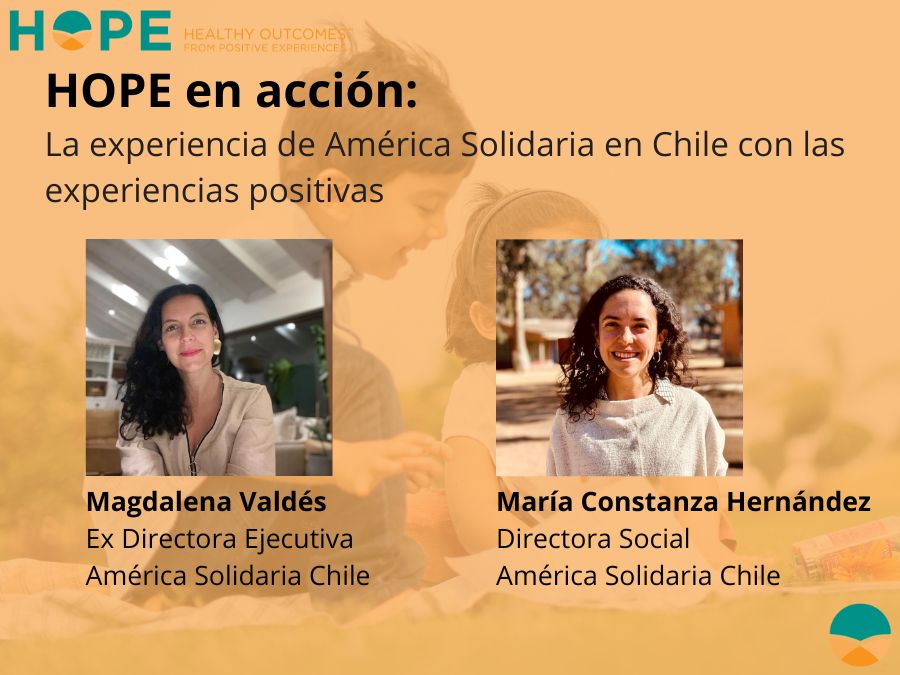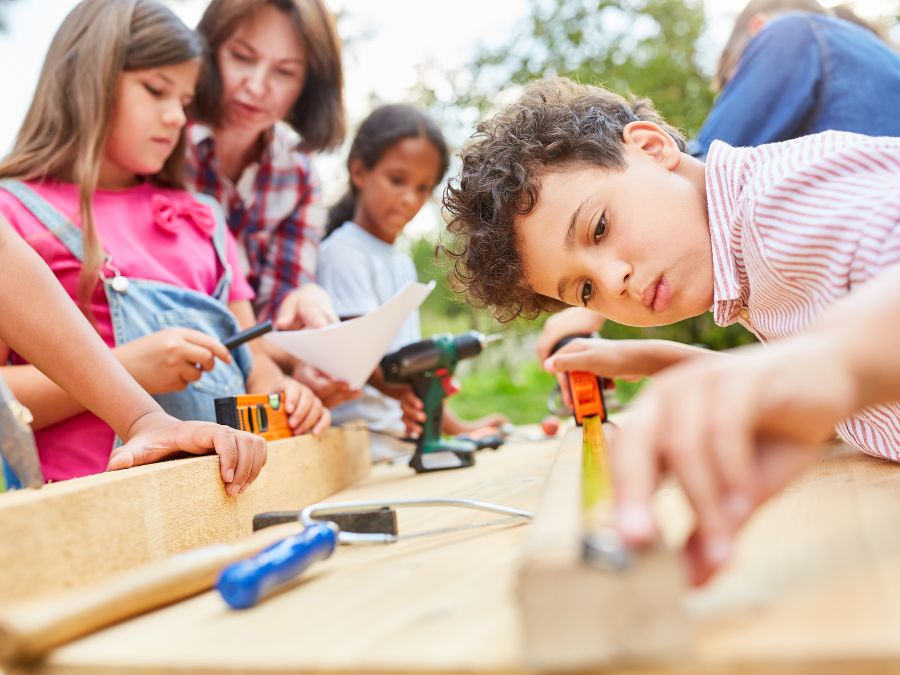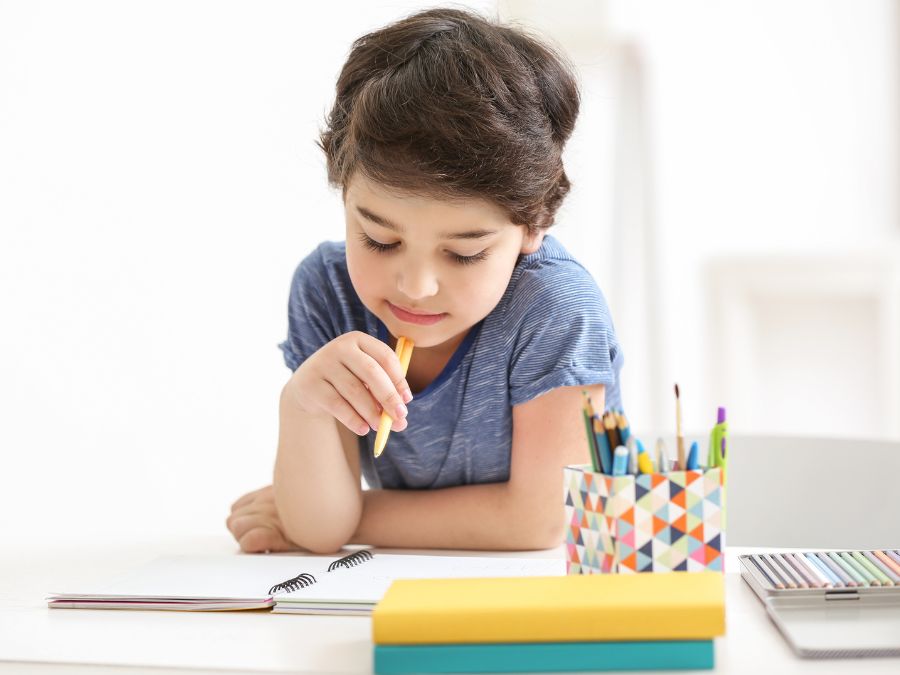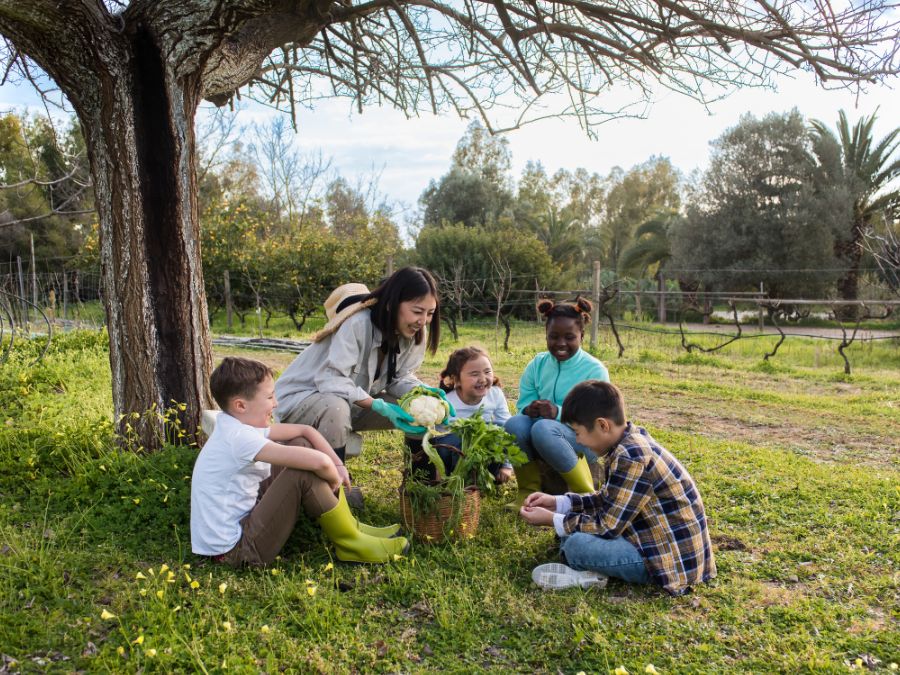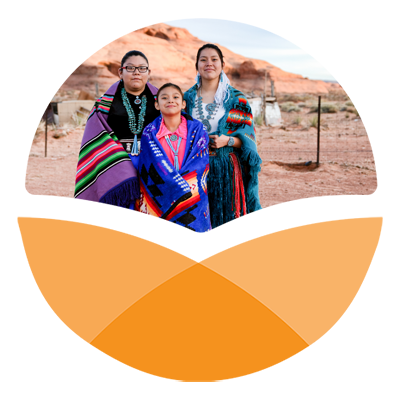
HOPE in Practice
We know that the HOPE framework can be adapted for many different sectors and types of organizations. We’ve pulled together some resources and stories that help exemplify what this framework looks like in action. We’re always curious to hear how you’re implementing HOPE! If you would like to share what HOPE looks like where you work, please reach out to us!
Relevant Resources
Relevant Blog, News & Events
Learning about positive childhood experiences in children TV shows like Bluey
Child-friendly TV shows, like Bluey, can help children discover what PCEs are and inspire parents to promote more PCEs with their children.
How HOPE Champion Sharon Norman is supporting educators and families using the HOPE Framework
Sharon Norman from CAN Council found the HOPE framework when looking for ways to support educators in the Michigan school systems.
Building HOPE in East Boston: Youth leading a healthier future
The EASTIE Coalition implements the HOPE framework to positively impact teens and the community of East Boston.
HOPE Facilitator Kim Hemmert finds positive childhood experiences through her work at a salon
In her own words, HOPE Facilitator Kim Hemmert shares how she promotes positive childhood experiences as a cosmetologist.
Promote positive childhood experiences (PCEs) by playing board games
Promote the Four Building Blocks of HOPE through different types of board games using luck, strategy, or playing cooperatively as a team.
Head back to school with new resource: HOPE for Educators toolkit
Head back-to-school with the HOPE National Resource Center’s newly released collection of resources: HOPE for Educators toolkit.
HOPE en acción: la experiencia de América Solidaria en Chile con las experiencias positivas
Las experiencias positivas han pasado de ser un recurso valioso a convertirse en un pilar fundamental de la estrategia institucional de América Solidaria Chile.
Collecting what matters – practical strategies for meaningful data
Learn how to make data collection meaningful, manageable, and useful to effectively promote positive childhood experiences in your organization.
Type 1 and type 2 thinking: A key component of the HOPE framework
Learn how a key component of the HOPE framework, Type 2 thinking, can help you slow down and improve your work with children and families.
HOPE’s commitment to including lived expertise in our work
In collaboration with our Family and Community Experts of HOPE sub-committee, we released our “The value of lived expertise” statement.
Top 5 HOPE resources to use in your work with children and families
Whether you are just starting your HOPE journey or looking to expand HOPE further in your practice, check out our resources!
Growing the HOPE movement in every sector | 2025 HOPE Summit recap
Learn about the highlights from these year’s HOPE Summit – Shaping the Future: A Framework for Every Sector.

